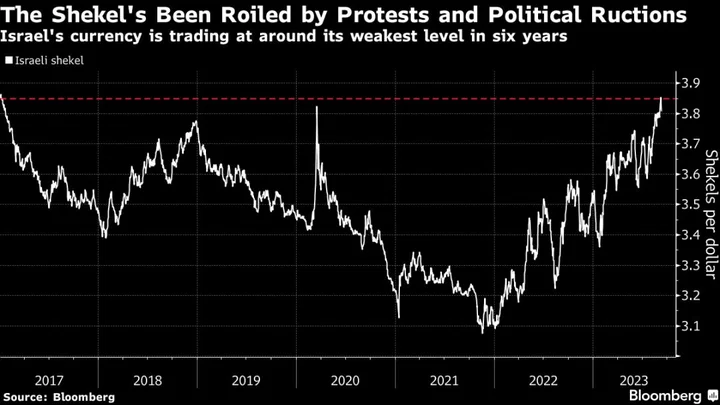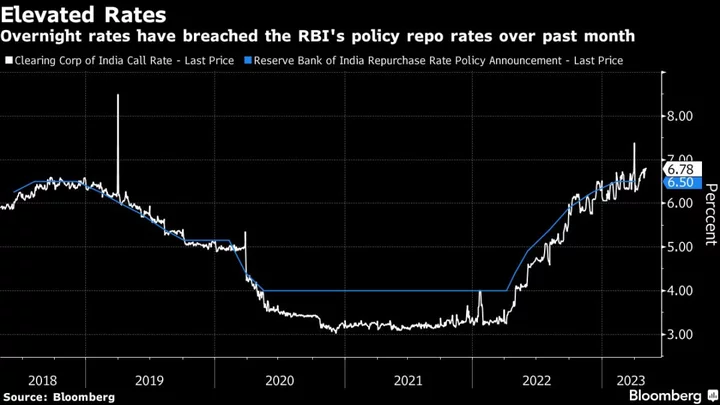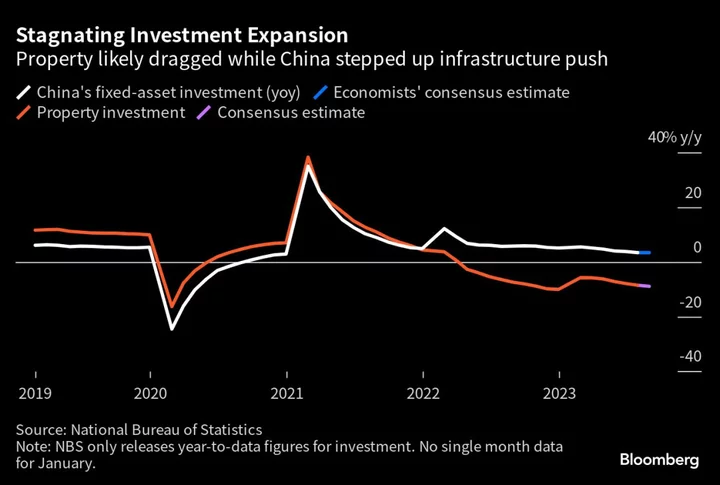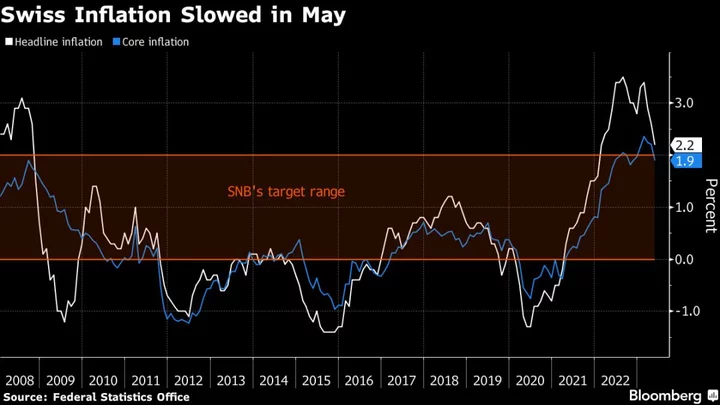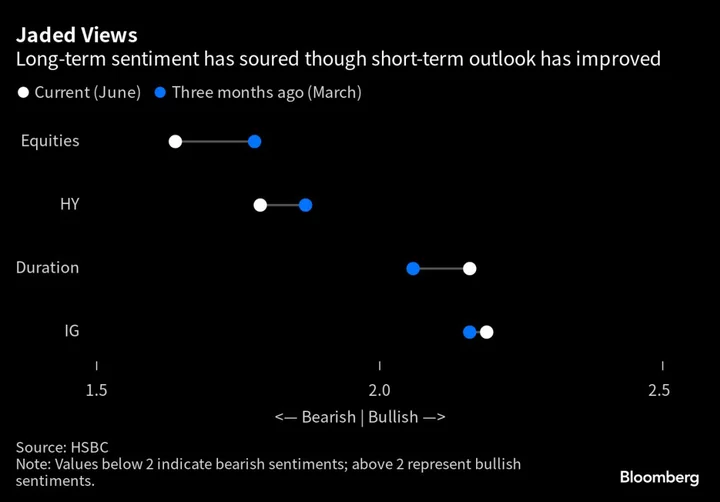Israel’s Supreme Court will hear a challenge on Tuesday to a highly controversial law passed by Prime Minister Benjamin Netanyahu’s right-wing coalition that limits judges’ power to void government decisions.
The case — brought by opposition lawmakers and watchdog groups — is one of the most momentous in the nation’s history and, for the first time, all 15 Supreme Court justices will take part. A ruling isn’t expected for weeks but their questioning, which will be broadcast live over several hours, will offer clues.
The new law passed unanimously in July because all opposition legislators walked out of parliament in protest. It bars judges from declaring government policies or decisions unconstitutional for being “unreasonable.”
It is the first of a number of judicial changes the government promised when it took office in late December, a populist overhaul that has split the nation, driven millions into the street, sparked criticism from the White House and battered markets.
The shekel is trading near a six-year low. It’s down 8% against the dollar this year, one of the worst performances among a basket of 31 major currencies tracked by Bloomberg.
Israel’s high-tech economy, which has galloped ahead over the past quarter century irrespective of internal politics, is now seen as tied to how this battle over the judiciary gets resolved. Ratings agencies and investors are watching closely.
Tuesday’s argument may indicate how the high court views the broader package of planned changes. These include how judges are chosen and whether legal advisers in ministries should retain their power to prevent officials from taking action the advisers deem unconstitutional.
Much of Israel’s legal establishment is unhappy with the new law. Attorney General Gali Baharav Miara said she couldn’t defend it, so a private lawyer was hired to argue the government’s case. Others said it was passed hastily and violates the separation of powers between the executive and the judiciary.
Still, reasonableness is a broad — critics say blunt — instrument that the court has used to block cronyism, protect human rights and encourage what it says is rational decision-making. It has other tools but this is seen as the most significant.
Israel’s First Female Attorney General at Center of Judicial Storm
The government and its supporters say the doctrine has no guardrails and justices use it for ends that are political rather than legal.
Deep Questions
While the oral arguments will be framed through technicalities, they are proxies for a deep set of disputes within the country. These include how a state that defines itself as Jewish manifests that identity and what its obligations are to non-Jews.
Such tensions have long existed. But as the nation’s politics have become religious and nationalistic, all while the legal establishment has remained more liberal, they’ve intensified. The court’s protection of human and minority rights frustrates those on the right who think their votes should enable a shift in policy.
Israel has no constitution and no law defining judicial reviews. It has a set of “basic laws” that, increasingly over the past three decades, the high court has relied upon to measure constitutionality.
Ultra-Orthodox Move From Margins to Center of Israeli Politics
The justices have never overturned a basic law and have indicated strong hesitation to do so.
The Netanyahu government’s new reasonableness law was passed in parliament, known as the Knesset, as an amendment to a basic law. That was done in the hope of preventing the Supreme Court from invalidating it.
“There is no disagreement, nor can there ever be, on whether or not the Knesset ever empowered the court to strike down or change” basic laws, Knesset Speaker Amir Ohana said last week. “This power is that of the Knesset, which represents the entire people. Any other decision would be against the Knesset and against Israeli democracy.”
Court’s Options
The justices may decide to send the law back to the Knesset for changes, they may accept it, or they may rule it is unconstitutional.
That latter option would lead to “chaos,” the government said on Friday.
It’s not clear if the coalition would accept such a ruling or what key institutions like the police and army would do if forced to choose between the court and the cabinet.
There were a number of failed attempts to strike a political compromise in recent weeks, as various groups sought to delay or influence Tuesday’s hearing.
Justice Esther Hayut, the Supreme Court’s president and who’s perceived as a liberal, decided to assign all her colleagues to hear the case. That move was to avoid accusations of politicization and include all perspectives. Several of her colleagues are conservative and a unified court would send a strong message.
Hayut is due to retire next month along with another liberal justice, creating opportunities for the government to shift the court’s ideological makeup if it can alter the way judges are chosen.
In coming weeks, the court will hear two more seminal cases. One is on whether a prime minister can be removed from office for being “unsuitable,” The second is abut whether the current justice minister and architect of the judicial overhaul, Yariv Levin, can continue keeping the judge-selection committee in recess as long as its makeup displeases him.

